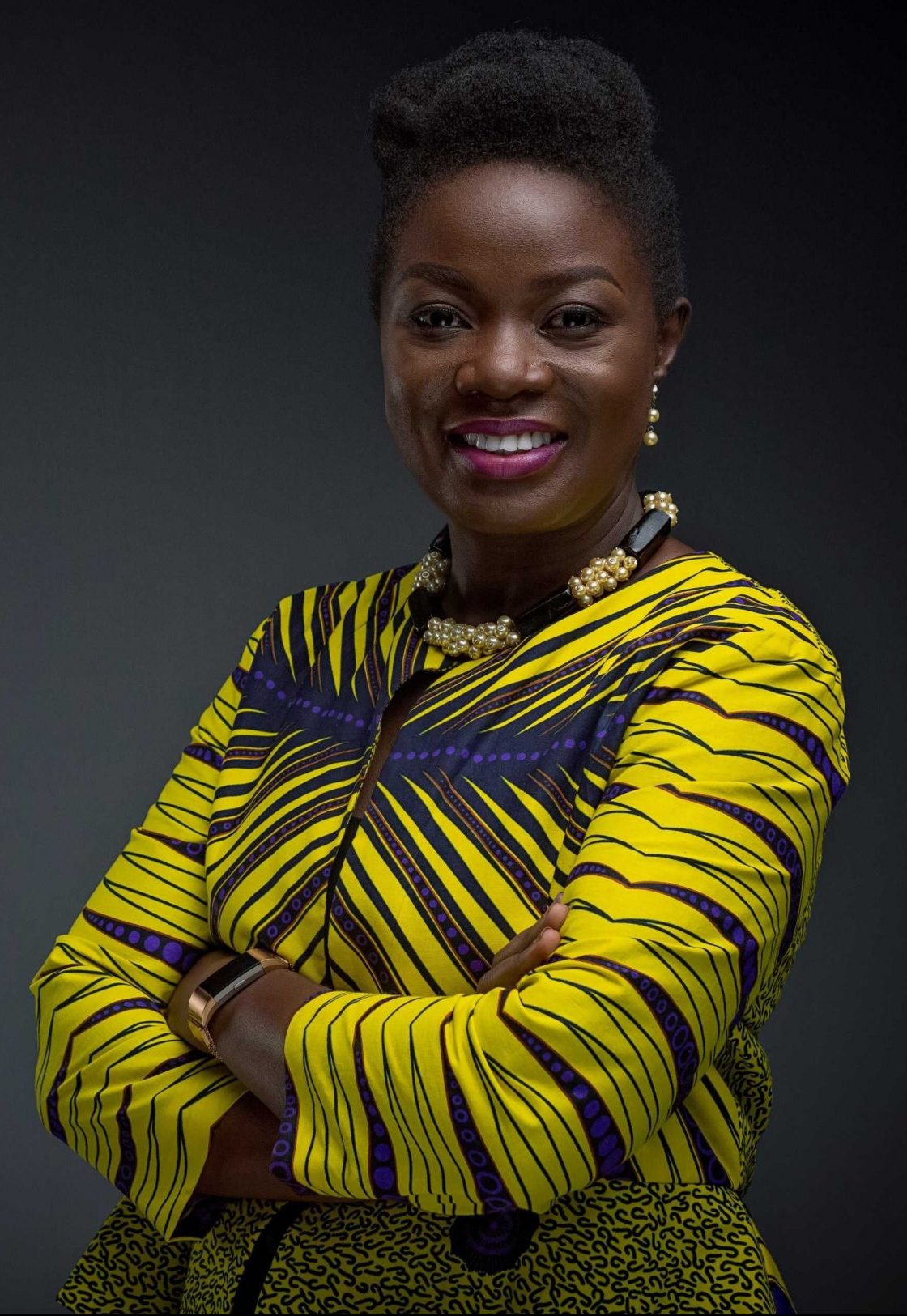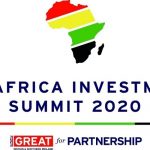I am an unashamed advocate for greater participation in Science, Technology, Engineering and Mathematics (STEM).
Corporate experience has taught me that young people insufficiently engage with STEM. While life experience has taught me that we live in an age where the fundamental pillars of sustained prosperity are built on a foundation of STEM.
Have you ever heard people talk about the luck of the draw? I view this through the lens of where people are born. Too many people in Africa are born into circumstances that mean they have limited opportunity to realise their potential and create prosperity for themselves. Prosperity that means they thrive through life and not just survive it.
The formula is pretty simple: Good healthcare means a mother can healthily carry a baby to full term. It also means the baby will survive childhood. Good education means they will have a chance to explore their talents (everyone has something to offer) and realise their potential. Realised potential should be exercised through job opportunities that provide the stability for the individuals to live progressive lives. So why is what I say simply not being actualised?
I have found that around the world, including right here in Africa, we have collectively come to assume a narrative that subconsciously operates on the notion that, a little is ok for the African. The focus is on improving current circumstances and not on what should be. I often wonder what would happen if each African country came up with a business plan that determined when and how much it would cost to build the foundation for prosperity that will touch all of its citizens?
To be very clear, I see a number of countries in Africa with leaders who are genuinely working on improving the circumstances of their people. What I am referring to is more akin to a business plan that the entire country buys into.
In business, we typically assess the environment – our assets and liabilities, do a SWOT analysis, look at competition and understand trends. We then boldly define a vision and support it with a strategy. That strategy informs what we talk about each day; which indicators we focus on. And as we focus on particular indicators our mindset starts to change. We start to believe that the vision is possible. That if we chip away at it each day we will eventually achieve it. So we feel energised and we continue to execute the strategy to realise the vision.
That is what I am referring to for countries. I call it ‘The Bold New Normal’. For too long, Africa’s normal has focused so heavily on what has not been achieved that improvements are hardly talked about. In my lifetime the narrative of Africa has fundamentally remained the same, as achievements tend to be attributed to outlier circumstances rather than the possibility of systemic conditions leading to wider impact.
I must point out that I generally find the use of the word Africa to be an over-generalisation. A generalisation that sadly focuses on a normal that is not prosperous. What if we were collectively bold in our ambitions? What if we ignored the norm and decided that we want, not just believe in, an Africa where everyone prospers?
I once asked a girl in high school to imagine Ghana in the future. After a few moments of visualisation she said her vision was of a Ghana where there were no street children and every adult had a job. I had to hold back my emotions as I was overjoyed to see a young person who gets it.
So what if we boldly decided that every person in Africa should have great healthcare and access to high quality education? What if we said they would each have the opportunity to work in a job that provided the means for them to thrive? What if we agreed that if people could thrive economically they would have the chance to choose to prosper through their choices and decisions? Would that be something worth achieving in our lifetime? I am passionately convinced that it is.
So what is the role of STEM? Well, we find ourselves in a situation where about 1.2 billion people live on the continent. It is estimated that over half of this population counts as young. It is also estimated that there will be another one billion people on the continent by 2050. So creating the Bold New Normal of a prosperous Africa is a large-scale numbers game.
It means that we need to convert a large proportion of our human capital into problem-solvers. People who live the challenges and can think of solutions that suit the context. We need people who not only identify solutions but have the capacity to develop solutions. And their solutions must be scalable so the majority benefits!
We need scientists who understand the world around them and technologists who will innovate in a modern context. We need creative engineers who can make things, and mathematicians who will provide the models not only to identify root causes but also provide the metrics to achieve scale.
Improving healthcare and education are not only about more doctors and teachers. It is about which doctors and teachers are needed. It is about mathematically working out the infrastructure goals and financially planning to realise them. Similar requirements apply to job creation – executing both supply and demand changes.
I have no doubt that you identify with many of the points I have raised. I have a simple ask. That you filter out the narrative that says a little better is enough. That you believe and act with me to create the Bold New Normal for a continent full of people who have the same aspirations as anyone else.
Here’s to the Bold New Normal for a prosperous Africa!




